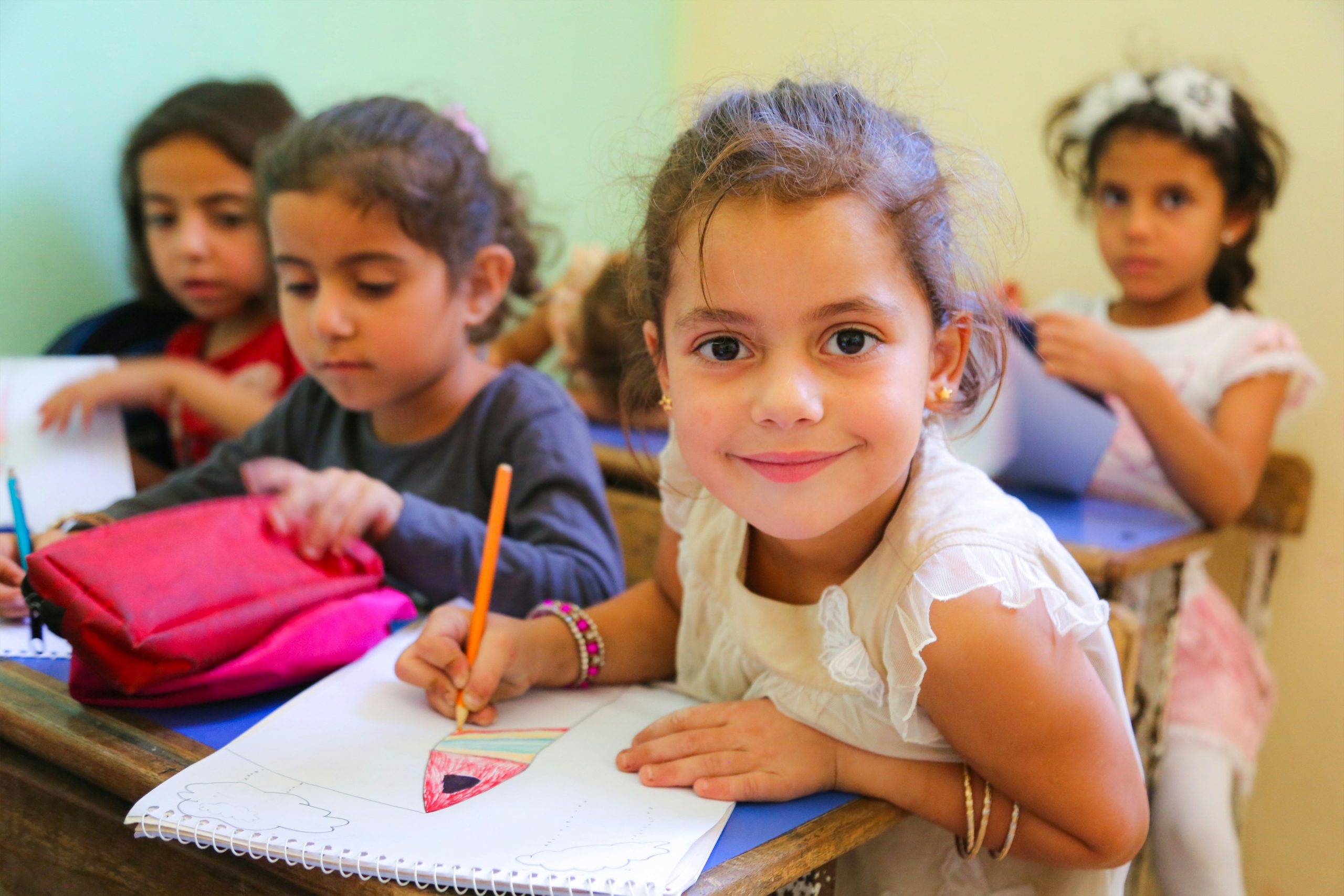Adopting healthier lifestyles and promoting environmental sustainability are essential for humanity. These practices should be taught at home and introduced in schools. It is necessary to reassess our current ways of living and make changes to ensure the well-being of both the Earth and its inhabitants.
Subscribe now to Stay tuned for all our, All World Talk Radio, Forums and workshops.
Examining Educational Gaps and Challenges
Climate change is one of the most pressing issues of our time, affecting ecosystems, economies, and communities worldwide. Despite its critical importance, the education system often falls short in effectively teaching students about climate change, its causes, and its consequences. This inadequacy leads to a lack of understanding, awareness, and action among the younger generation, which can have detrimental effects on efforts to address this global challenge.
Current State of Climate Change Education
Inadequate Curriculum
One of the primary issues with climate change education is the inadequate curriculum. In many schools, climate change is not given the attention it deserves. It is often relegated to a few chapters in science textbooks or included as a minor topic in geography or environmental studies classes. This limited coverage fails to provide students with a comprehensive understanding of the complexity and urgency of the issue.
Lack of Teacher Training
Another significant challenge is the lack of teacher training on climate change topics. Many educators do not receive sufficient training or resources to effectively teach about climate change. As a result, they may lack the confidence and knowledge to address students’ questions and provide accurate information. This gap in teacher preparedness can lead to misinformation and confusion among students.
Varied Approaches Across Regions
The approach to teaching climate change varies significantly across regions and educational systems. Some countries have integrated climate change education into their national curricula, while others have yet to recognize its importance. This inconsistency leads to disparities in students’ knowledge and awareness of climate change, depending on where they live. These regional differences can hinder collaborative efforts to address the issue at a global scale.
Challenges in Teaching Climate Change
Political and Ideological Barriers
Political and ideological barriers can also impede effective climate change education. In some regions, climate change is a politically contentious topic, and educators may face pressure to downplay or avoid the issue altogether. This politicization of climate change can result in biased or incomplete information being presented to students, further exacerbating the knowledge gap.
Complexity of the Topic
Climate change is a complex and multifaceted issue that encompasses scientific, economic, social, and ethical dimensions. Teaching such a broad topic can be challenging, especially when students have varying levels of background knowledge. Educators must find ways to present the information in an accessible and engaging manner, while ensuring that students grasp the interconnectedness of the various aspects of climate change.
Lack of Resources and Funding
Many schools lack the resources and funding needed to implement effective climate change education programs. This includes access to up-to-date textbooks, educational materials, and technology. Without these resources, educators may struggle to provide students with accurate and relevant information, limiting their ability to fully understand the issue.
Improving Climate Change Education
Integrating Climate Change into the Curriculum
To address the inadequacies in climate change education, it is essential to integrate the topic into the core curriculum. This means embedding climate change education across various subjects, including science, geography, social studies, and economics. By doing so, students can gain a holistic understanding of the issue and its implications.
Providing Teacher Training and Support
Investing in teacher training and support is crucial for improving climate change education. Educators need access to professional development opportunities that equip them with the knowledge and skills to teach climate change effectively. This includes training on the latest scientific research, teaching strategies, and curriculum development. Additionally, providing teachers with access to high-quality educational resources and materials can enhance their ability to deliver accurate and engaging lessons.
Promoting Critical Thinking and Problem-Solving
Effective climate change education should go beyond simply presenting facts and figures. It should encourage students to think critically about the issue, analyze its causes and consequences, and explore potential solutions. By fostering critical thinking and problem-solving skills, educators can empower students to become informed and active participants in addressing climate change.
Encouraging Hands-On Learning and Engagement
Hands-on learning experiences can enhance students’ understanding and engagement with climate change. This can include activities such as field trips, science experiments, and community projects that allow students to observe and interact with their environment. These experiential learning opportunities can help students connect theoretical knowledge to real-world applications, making the issue of climate change more tangible and relevant.
Increasing Public Awareness and Advocacy
Raising public awareness and advocating for the importance of climate change education can also drive improvements in the education system. This includes engaging with policymakers, community leaders, and parents to emphasize the critical need for climate change education. By building a coalition of support, educators and advocates can work together to ensure that climate change is given the attention it deserves in schools.
Conclusion
The education system plays a vital role in shaping the knowledge and attitudes of future generations. By addressing the inadequacies in climate change education and implementing effective teaching strategies, we can empower students to understand and act on this critical issue. Improving climate change education requires a collaborative effort from educators, policymakers, and communities to ensure that students are equipped with the knowledge and skills needed to navigate and address the challenges of a changing climate.
